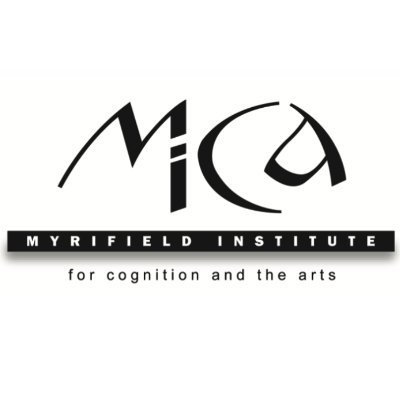
Last paper:
Grazia Pulvirenti, Renata Gambino, Neurohermeneutics. A Transdisciplinary Approach to Literature
- Peer review
- Submit a paper
- Suggest a paper
- Contact us
- Partner program
Grazia Pulvirenti, Renata Gambino,
The paradox of Romantic ekphrasis. Metacritic discourse, perception and imagination in art descripti
 Source: Metacritic Journal for Compara
Source: Metacritic Journal for ComparaYear: 2017
Topics: Consciousness; Cognition;
Disciplines: Aesthetics; Fine Arts; Literature;
DOWNLOAD PAPER
Download size: 481.99 KB
Ekphrasis is a text genre based on the intertwining of visual and verbal features, involving the processes of both reading, and priming a visual image or a related action. We argue in this study that this genre, which has been object of many disputes and critical claims over the times, is a powerful tool in order to stimulate a particularly intense activation of the reader/listener’s emotions and imagination. This because of the double nature of the inputs triggering more powerfully the embodied simulation by mixing the regime of perception, affection and thought. Ekphrasis is characterized by a “paradoxical nature”, i.e. the fact that the fictional visible qualities of the described artwork disavow the process of visualization by facing the reader/listener with the need of “creating” his own
images, by activating a kind of “guided imagination act”. The intertwining of codes determines also a substitution of the description by actions, as described by ancient rhetoricians. The description of actions solicits more powerfully the embodied simulation of the reader/listener. This creates an “in-between” space where what was unthinkable becomes thinkable. Since the afforded cognitive process is overwhelming for the reader/listener, he/she is driven to overcome his/her own cognitive limitations thanks to processes of the imagination that “fills in the gaps” between the known and unknown. We argue that in modern times, starting with Romantics, this process is particularly amplified and ekphrasis becomes a metacritical commentary about the act of imagining, since it induces the reader to complete the description by simulating a personal experience triggered by the rhetorical “vividness” of ekphrasis. This hypothesis will be elucidated by investigating as case-study an ekphrastic text by German author Heinrich von Kleist, who wrote about the revolutionary painting The Monk at the Sea by Caspar David Friedrich. In Kleist’s text Feelings about a Seascape by Friedrich (Empfi
Project
The Neuro Humanities Studies Network aims at creating a multidisciplinary research community in order to develop and structure a linking platform for neuro-scientific, cognitive topics and humanities.
Click on each keyword to show papers related with it.









